The Marriage of Tragedy and Comedy
I’m drawn to humor, especially those fragments that might spring from the darkest cracks. What is happening might not be funny, but the dialogue or description is.
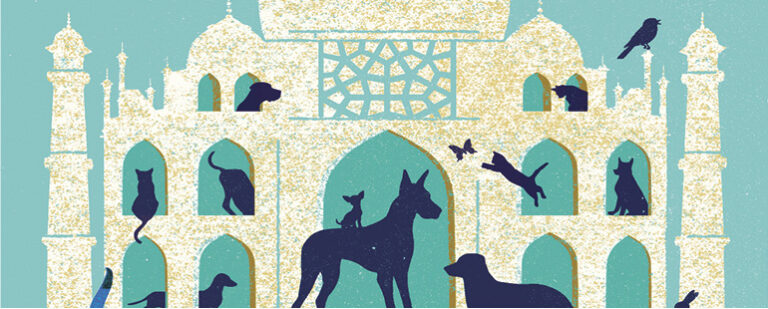
I’m drawn to humor, especially those fragments that might spring from the darkest cracks. What is happening might not be funny, but the dialogue or description is.

The previous day, Jon Kearns had emailed for an extra day to turn in his assignment, swore that he was out of town and couldn’t get a ride back until the next day.
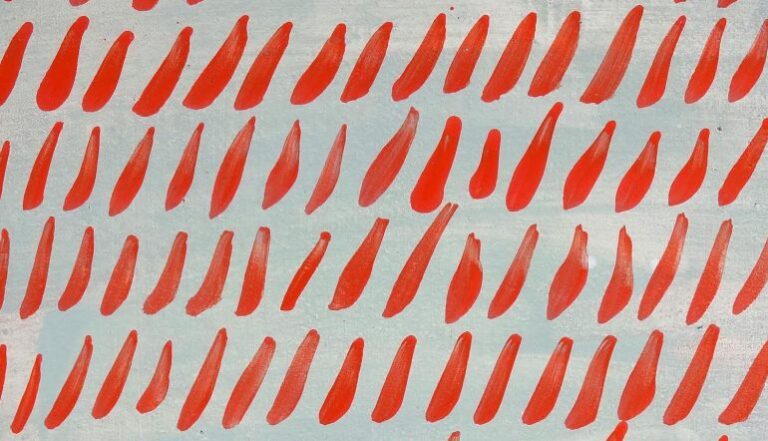
What is the importance of reading and writing in this moment? Those who come from overtly troubled communities and countries have long known that literature holds enormous power: the veracity that can bring about humility, death, growth, and change.
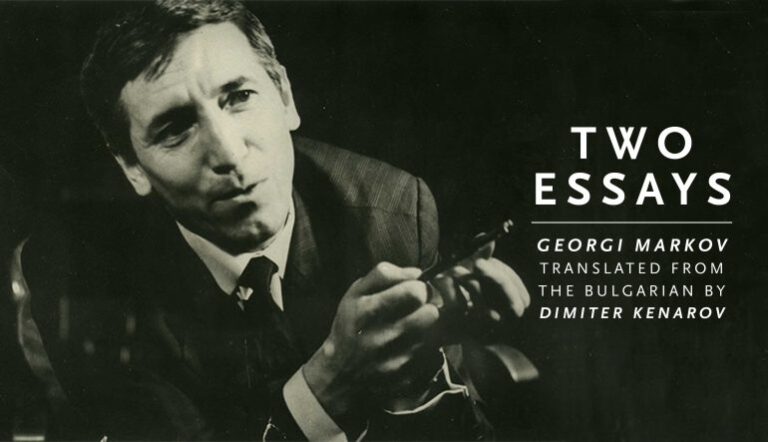
When Georgi Markov moved to London in the summer of 1970, after a brief stint in Italy, he had no money and no connections. He rented two rooms of a house in a dingy part of southwest London and had to rely on the generosity of a few acquaintances.
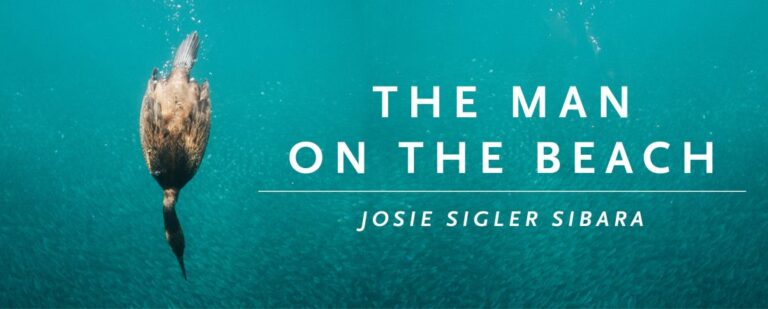
I have often paid the price of sleeplessness for my father’s crimes, the crimes of all of Germany, though I had never set foot in that country when I again encountered the idea that became so compelling to me in the summer of my thirteenth year.

By this time next week—and possibly sooner—I’ll be just another man who abandoned June. I’ve outlasted most of the others and in some twisted way I’m proud of that fact.
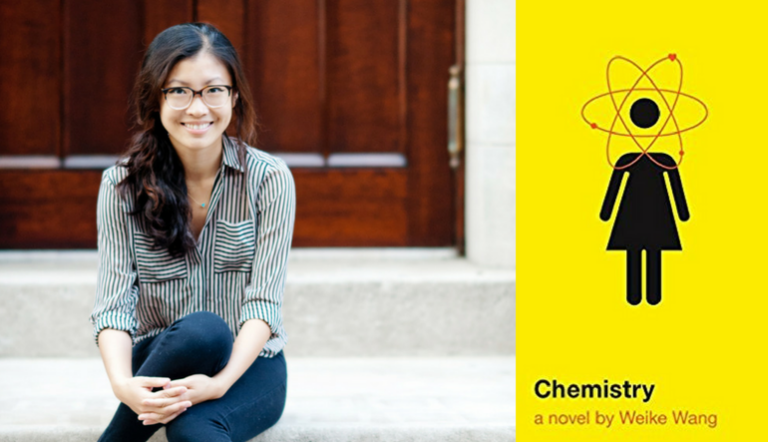
Chemistry began as the short story “Conversations with My Father,” published in the Summer 2016 issue of Ploughshares, guest-edited by Claire Messud and James Wood. Wang began thinking about what that protagonist might be like when she grew up and whether she might have an existential crisis in adulthood.
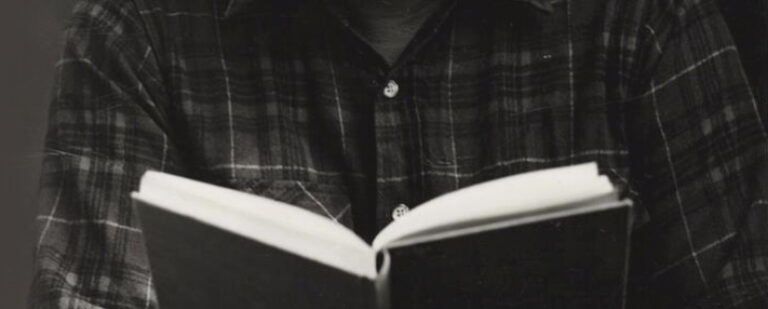
In the fall of 1987 after driving across the country to study at the University of Iowa, I found myself enrolled in James Alan McPherson’s fiction workshop, not knowing how I’d ended up there.

Writer and literary critic Sergio Pitol makes the claim that “[w]orks of art express . . . the best energy humans are capable of producing.” For Flannery O’Connor, literature is a particular human achievement.
No products in the cart.